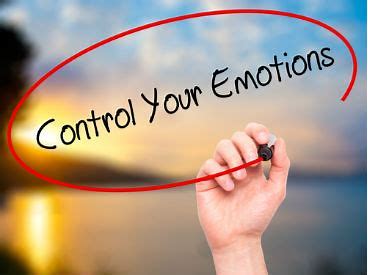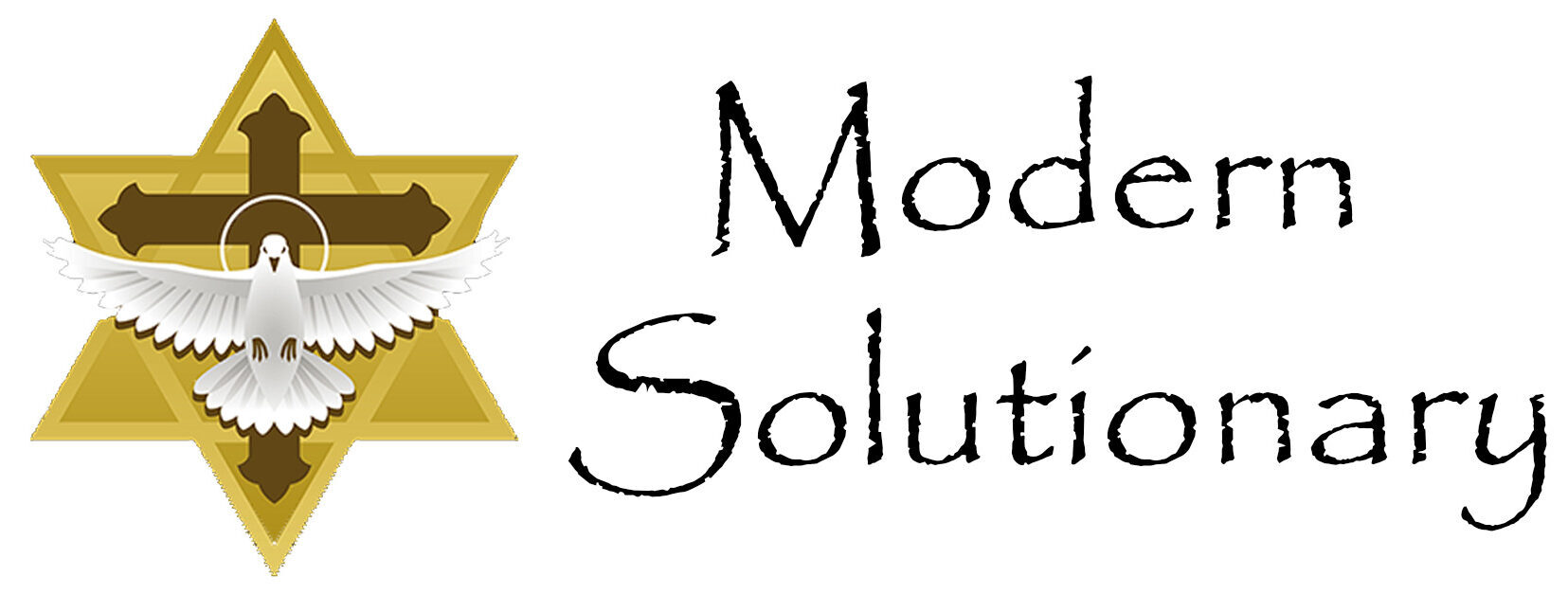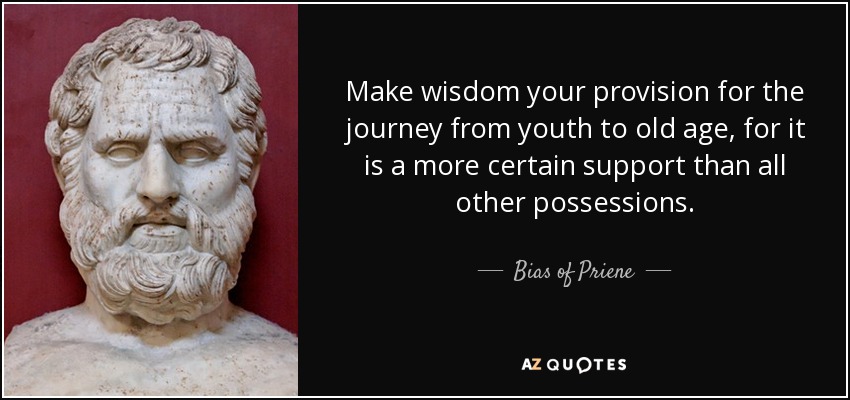
Through nearly two decades of research on wise decision making, I have uncovered a number of findings I truly was not looking for. One of those unexpected discoveries was the Power of the Wisdom of Three. Through this epiphany, I determined that, statistically, a majority of the natural laws, used to solve our problems, each have only three components.
One such truth is the Law of Emotional Response. Everyone will initially allow our emotions to predicate how we Perceive, Accept, and Handle the outcomes of our decisions.
It seems that this truth might help explain one cause of the division occurring in our society. Maybe we should have a popup reminder on our digital devices, “Truth before emotions.” Too many, well-intentioned, well-educated people allow emotions to fuel their beliefs, instead of first determining what is true. In other words, we want to feel good about what we believe to be true and if the truth doesn’t give us that feeling, we begin rationalizing that it can’t be true. We then start the search all over again, looking for another “truth” that we can feel good about.
The flaws of this rationale are, “How we feel has no bearing on the truth.”, “There can be only one truth, it is eternal; it was true yesterday, today, and will be true tomorrow.”, and “What is true for me, is also true for all.” Everything else are opinions.
It is normal for us to allow emotions to affect our decision-making process because emotions play a pivotal role in our lives. Emotions are a natural response to situations, and they can influence how we perceive and interpret information.
Our emotions are often linked to our personal values, experiences, and beliefs, which can impact our decision-making process. For example, if someone is very passionate about a particular issue or topic, they may be more likely to make a decision based on their emotions rather than logical and truthful knowledge.
On the positive side, emotions can help us cope with stress and provide motivation. For example, fear can motivate someone to act quickly to avoid danger, or excitement can drive someone to take risks and pursue new opportunities, many of which will be positive.
Overall, emotions play a complex role in decision making, but we must be vigilant to not allow our emotions to take the lead over logic or reason. It is important to be aware of our emotions and how they may influence our decisions, so that we can make more informed, rational, and wise choices.
If this is my last post, I want all to know there was only one purpose for all that I have written; to have made a positive difference in the lives of others.
Anthony “Tony” Boquet, the author of “The Bloodline of Wisdom, The Awakening of a Modern Solutionary”


